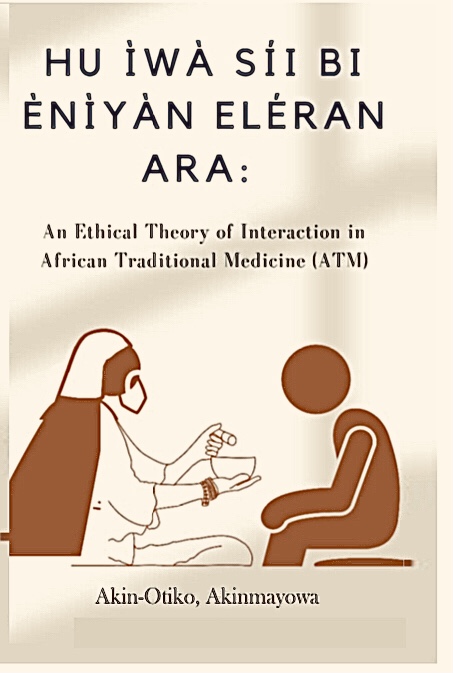

Most ebook files are in PDF format, so you can easily read them using various software such as Foxit Reader or directly on the Google Chrome browser.
Some ebook files are released by publishers in other formats such as .awz, .mobi, .epub, .fb2, etc. You may need to install specific software to read these formats on mobile/PC, such as Calibre.
Please read the tutorial at this link: https://ebookbell.com/faq
We offer FREE conversion to the popular formats you request; however, this may take some time. Therefore, right after payment, please email us, and we will try to provide the service as quickly as possible.
For some exceptional file formats or broken links (if any), please refrain from opening any disputes. Instead, email us first, and we will try to assist within a maximum of 6 hours.
EbookBell Team

4.1
40 reviews
11.5pt;mso-bidi-font-size:12.0pt" lang="EN-US">
11.5pt;mso-bidi-font-size:12.0pt" lang="EN-US">The method used in thisbook
lends credence to the aim, which is to develop an ethical theory of interaction
in African Traditional Medicine (ATM), useable in bioethical discourses. The
field of bioethics appreciates contexts, which makes the scopeofthebook very
-.25pt"> interesting. Thebook
draws attention to an area that many researchers have not paid attention to,
either because they do not believe that it is worth the effort, or they simply
do not find it comparable to western practices. The interface between the
practitioners of African Traditional Medicine and their patients’ needs a lot
of studybecause of the highpatronage
-.75pt"> oftraditionalcarearoundtheglobe,especially
-.75pt"> in thefaceofthenewnormalthewholeworldisexperiencing.
-.6pt"> The WorldHealthOrganization
-.65pt"> hasnotedthattraditionalhealth
care is the most available in many parts of the world and can no longer
be discredited as ineffective.